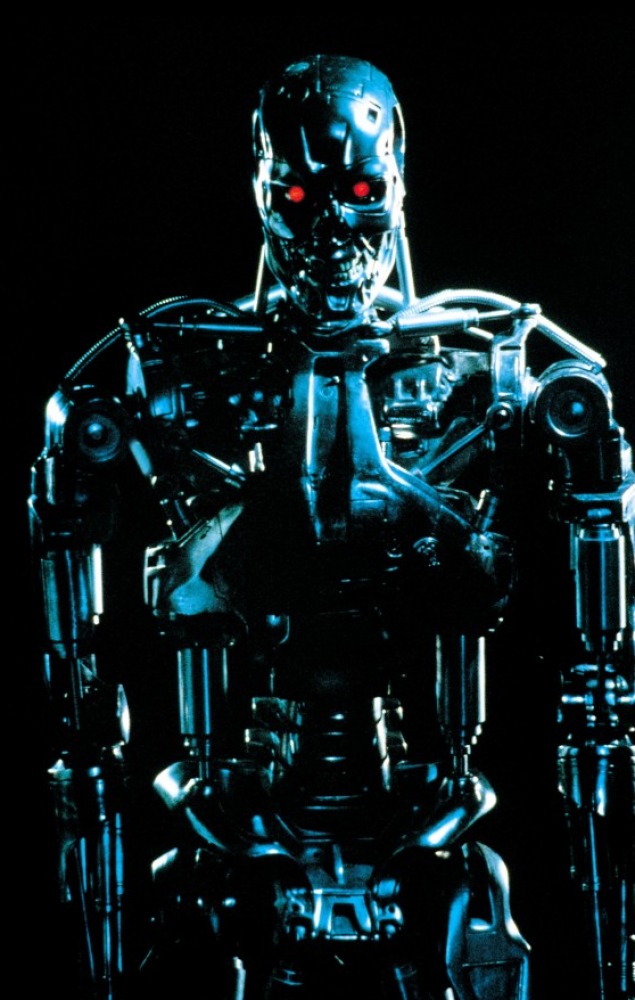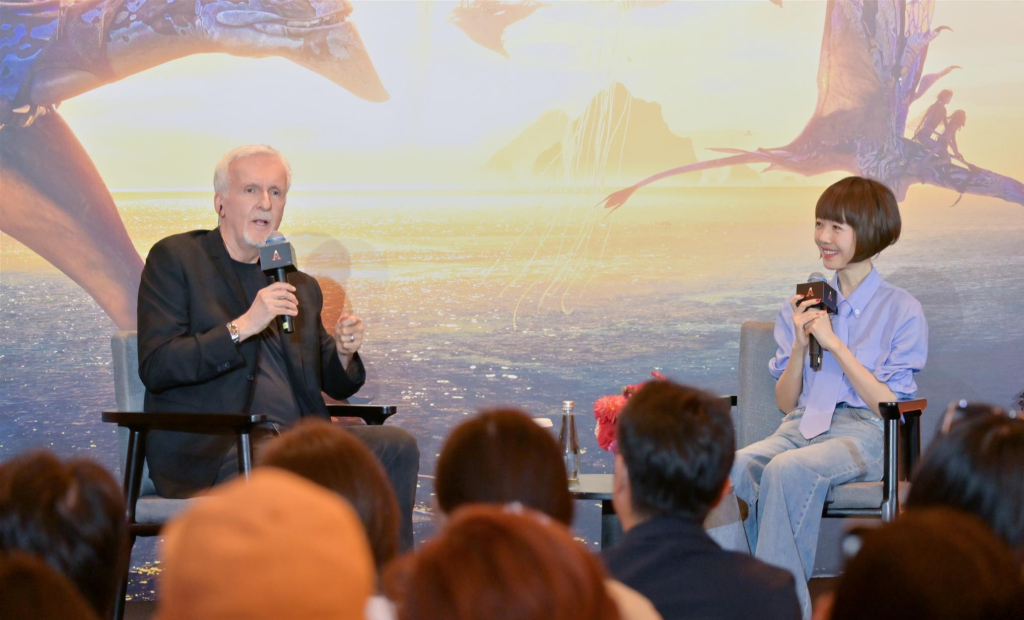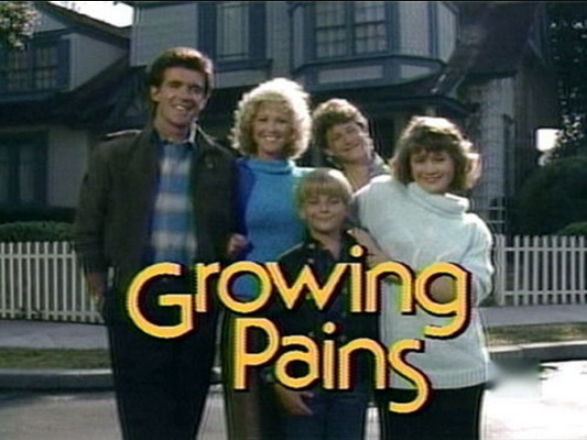
On October 26, 1984, the film The Terminator was released in North America. Today, forty years later, this film is regarded as one of the most groundbreaking sci-fi movies in cinematic history, particularly as its early depiction of artificial intelligence has taken on added relevance in our current reality.

The Terminator still
As the inaugural entry in the The Terminator series, its production budget was only $6.4 million—a modest amount by standards of forty years ago. Thus, prior to its release, Orion Pictures, the film's distributor, had low expectations for its box office performance. However, the ultimate results surprised nearly everyone: not only did it become a global box office hit, but it also spawned an entire franchise of sequels and spin-off TV series. Its legacy has endured for decades, and it remains a valuable intellectual property in Hollywood's sci-fi sector.

The Terminator still
The Terminator tells the story of the T-800, a robot played by Arnold Schwarzenegger, who is sent back from 2029 to kill a seemingly ordinary woman, played by Linda Hamilton, to prevent her from giving birth to the future leader of the resistance. "That story was an idea I had when I was in Rome," director and writer James Cameron recounted in an interview. "I was sick with a high fever. While lying in bed, I started to imagine strange fantasies, including the torso of a metal robot holding a knife."

The Terminator still
Prior to this, Cameron had only directed one film, Piranha Part Two: The Spawning, which was released in 1982. He went to Rome to promote that film's release. After returning to the U.S., he began working on the script for what would become The Terminator, blending elements of science fiction, horror, and action. The script was approved by Orion's upper management, who agreed to help with distribution. The funding, amounting to millions of dollars, was primarily raised by British independent producer John Daly.
Linda Hamilton, who played the lead female role, summarized her experience with The Terminator as exhausting from the audition process to filming. "I thought, in this battle, the director is not on the side of us humans; he’s with the robots." Additionally, the involvement of Arnold Schwarzenegger initially caused her concern; even though he had starred in action films like Conan the Barbarian, he was still perceived more as a bodybuilder than an actor. However, it turned out that this Austrian man, who later ventured into American politics, had his own vision for acting and filmmaking. Hamilton also became connected to Cameron personally, and they married, although they separated in 1997. Nevertheless, she retained a strong connection to the series, returning for the sixth installment, Terminator: Dark Fate, released in 2019, following Cameron's direction of the first two films.

The Terminator still
Before filming, Cameron and Schwarzenegger spent a considerable amount of time studying the behavior of the Terminator. They both agreed that the robot's movements should appear fluid, in contrast to the stiff and mechanical depictions typical of robots in previous films. Cameron envisioned the robot's movements mimicking a shark's hunting style, flowing back and forth while stalking its prey. Consequently, Schwarzenegger developed a performance technique whereby he would first move his eyes, following with his head. "Just like a CCTV camera," he explained. Additionally, they spent a great deal of time discussing the script's dialogue, including the now-iconic phrase "I'll be back," which was originally written as "I'll come back." It was Schwarzenegger who suggested changing it to its more memorable form.

The Terminator still
Ultimately, The Terminator garnered $38 million at the North American box office, ranking as the 21st highest-grossing film of the year, while earning another $40 million overseas. Beyond its financial success, the film's real impact lay in the innovative creation of the robot character, the stunning visual effects in its action scenes, and the thought-provoking examination of how technology could change human life.
Furthermore, the success of the first film laid a solid foundation for the series' future development. The second installment, released in 1991, continued the successful partnership of James Cameron, Arnold Schwarzenegger, and Linda Hamilton, with a significant budget increase to $100 million. It became the highest-grossing film of the year in North America, earning six Oscar nominations in technical categories and winning four: Best Sound, Best Sound Editing, Best Visual Effects, and Best Makeup. It is widely recognized as the best of the entire series. The following four films, while featuring Arnold Schwarzenegger, seemingly failed to replicate the success of the first two, possibly due to Cameron's absence as director. Nevertheless, as an important sci-fi IP in Hollywood, the legacy of The Terminator remains alive, and its resurgence is merely a matter of time.
Meanwhile, across the ocean in China, The Terminator served as an introduction to Hollywood's sci-fi blockbusters for many viewers. Initially, the film circulated widely on videotape, and in 1992, eight years after its North American release, it made its way from video halls and home screens to the big screen of Chinese cinemas. Perhaps due to the solid foundation it laid, the five sequels that followed were also gradually released in theaters in China.

The Terminator still


